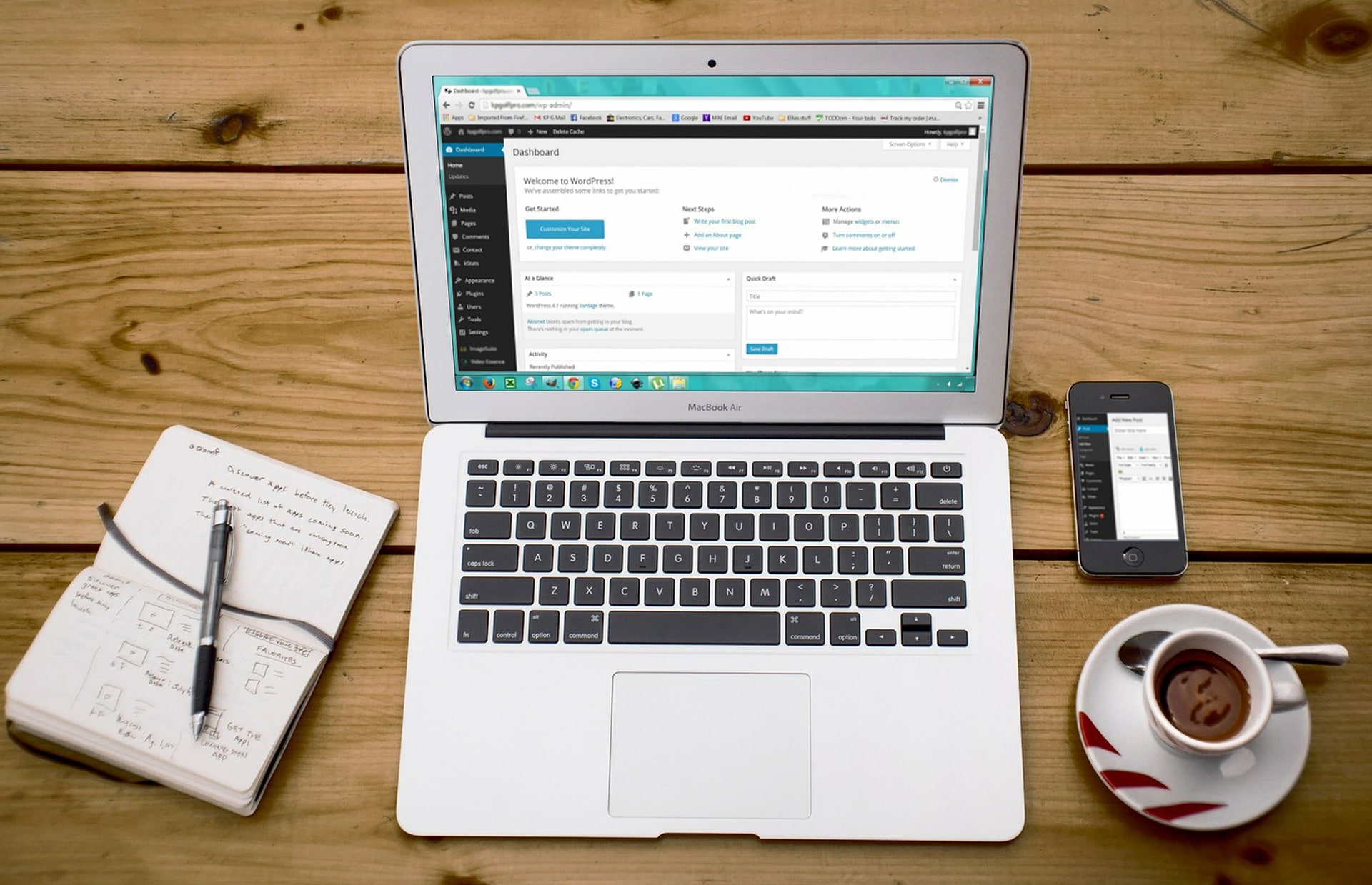Introduction
Having a website for your business is essential to showcase your business to new customers while building credibility. You may think that your business is too small to have a website, but the truth is that no business is too small to have a website. A website can be affordable, is easy to set up and build yourself and will improve your business.
Availability
Today’s world has moved past shopping between the hours of 9 to 5 on weekdays and many customers like being able to shop for items at a time that suits them. A website is available 24/7/365 and is with modern smartphones is available to the 9 to 5 office worker or the night shift worker.
An E-Commerce website can take orders from your customers 24 hours a day for a convenient shopping experience no matter if they are at work or the beach then ship the product directly to their door.
Professionalism
Having a good-looking website can go a long way in making your business look professional. Trades and craftspeople can show a portfolio of previous work and shops can show off their range of products.
Another advantage of having a website is having your domain name be a part of your email addresses. There are other benefits such as not having to update marketing material and customers if you change ISPs or deal with being blocked by spam filters if you use a free email service.
Sales & Marketing
Being able to take orders online opens your business to a potentially worldwide audience. With an E-Commerce site, you can sell directly to customers online without them even being in the same region as your physical store. Even if you decide not to sell online having a showcase of your products can give potential customers a taste for what you sell and give them enough information to save your staff time in answering customer inquiries.
Other advantages of having a website are that you can add it to your social media presence, use tools like Google Analytics or the Facebook Pixel to see demographic information such as customer’s interests, where they are from or how they found your website to determine where to focus your marketing budget.
Overall
We at Small Space IT can sit down with you and discuss any questions you have about an online presence for your business. We can help you with creating a website, setting up an E-Commerce store, product photography and all your other business and personal IT and computer needs.

